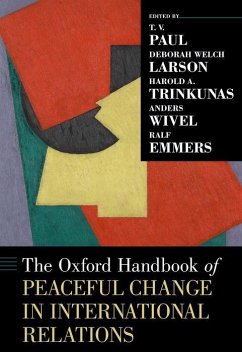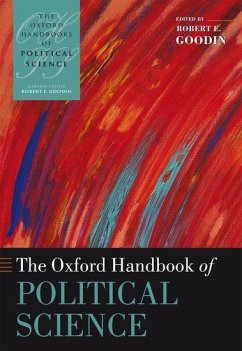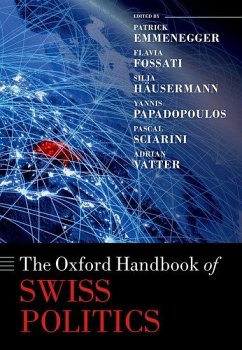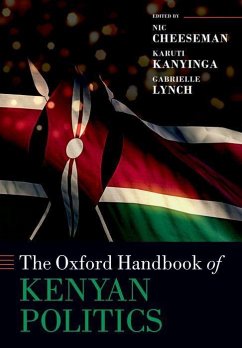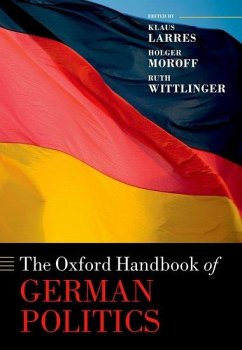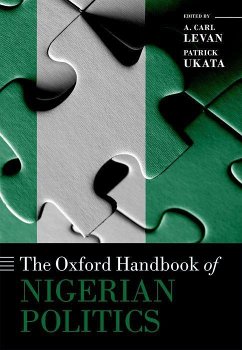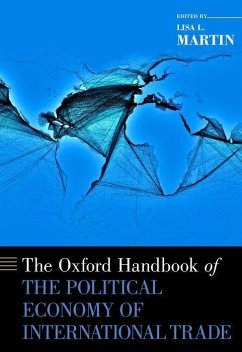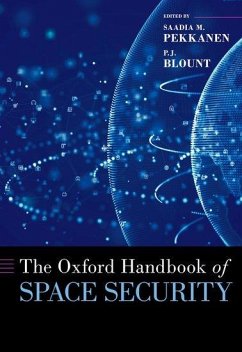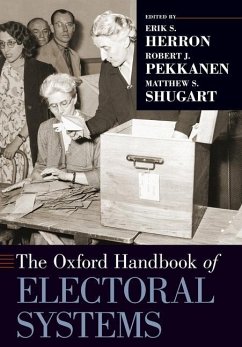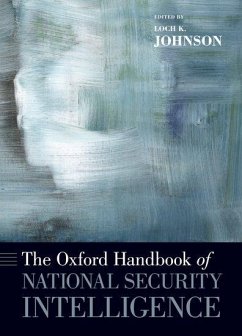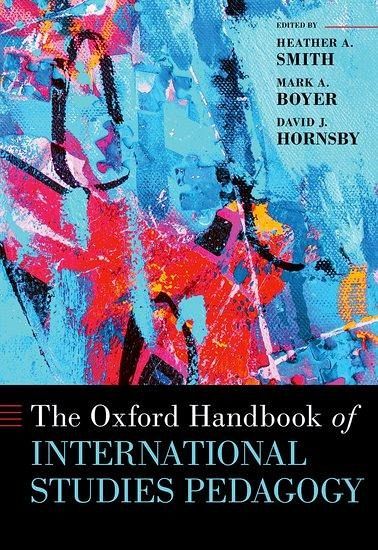
The Oxford Handbook of International Studies Pedagogy
Versandkostenfrei!
Versandfertig in über 4 Wochen
172,99 €
inkl. MwSt.
Weitere Ausgaben:

PAYBACK Punkte
86 °P sammeln!
This volume on international studies pedagogy helps us think purposefully about the worlds we teach to our students and it shows us why engaging in reflective practice about how and what we teach matters. The Handbook also provides strategies to engage students in a variety of ways to reflect on and engage with the complexities of the world in which we live.




